
The ‘enemy without a face’ is probably the hardest sort for a new writer to wrap his around. If you’ve been following along the recent blogs, I’ve been discussing a concept I developed to help you plot leaner, meaner, faster and cleaner.
I call this concept, the Big Boss Troublemaker. Identify him/her/it? And smooth sailing. Discovering then refining your BBT will also help you know if you have a story or not. If you do? Great! If you don’t? You can fix the story at Ground Zero instead of wasting tens of thousands of words.
Anyway…
We all took high school English and learned the basics.
Man vs. Man (easy). We see this in pretty much every action movie, right? John Wick versus the dudes who stole his car and worse? THEY KILLED HIS DOG.
Stealing the car? Possibly forgivable, because it was a pretty incredible car. But the dog? They must ALL DIE.
Then we come to Man vs. Nature. Errr. Okay. Um who wants to read a novel (which can span 60,000-90,000 words) about bad weather as the enemy?
Disease can work. Plenty of popular books on pandemics especially now, but they have to be handled with care. If one thinks about those books or movies, they can pretty easily devolve into a gore fest.
The actual story is in the HOW the pandemic or plague or outbreak is handled and usually will zoom in on a small group of people. The tension is in a race against time to find the cure. It’s about the relationships, tensions, bonds and infighting that is created in the worst of all times. The stories—good ones anyway—really aren’t per se about the disease.
The disease acts a backdrop. Go read anything by Richard Preston and you’ll see what I’m talking about. When the disease as enemy doesn’t remain in its rightful place?
We call it a low-budget horror flick.
We’ll table that for now.
Man versus Society! All right. A little better, but to warn y’all ahead of time, society as the enemy can devolve into a soap box rant pretty easily. Or navel-gazing.
These days, when most of us can barely tolerate our social media—which does come with funny memes AND cute kitten videos—a long-winded diatribe about social wrongs is a tough sell. The 1800s didn’t have Netflix.
Next? We have Man versus Himself. I get this one A LOT from emerging writers when I try to make them articulate exactly WHO their core antagonist (their BBT) exactly is. I get a lot of, ‘Well, he/she IS her own worst enemy.’
*face palm*
To be blunt. We’re ALL friends with people who are their own worst enemies…and that’s the reason God gave us the ability to screen our calls.
The Big Boss Troublemaker
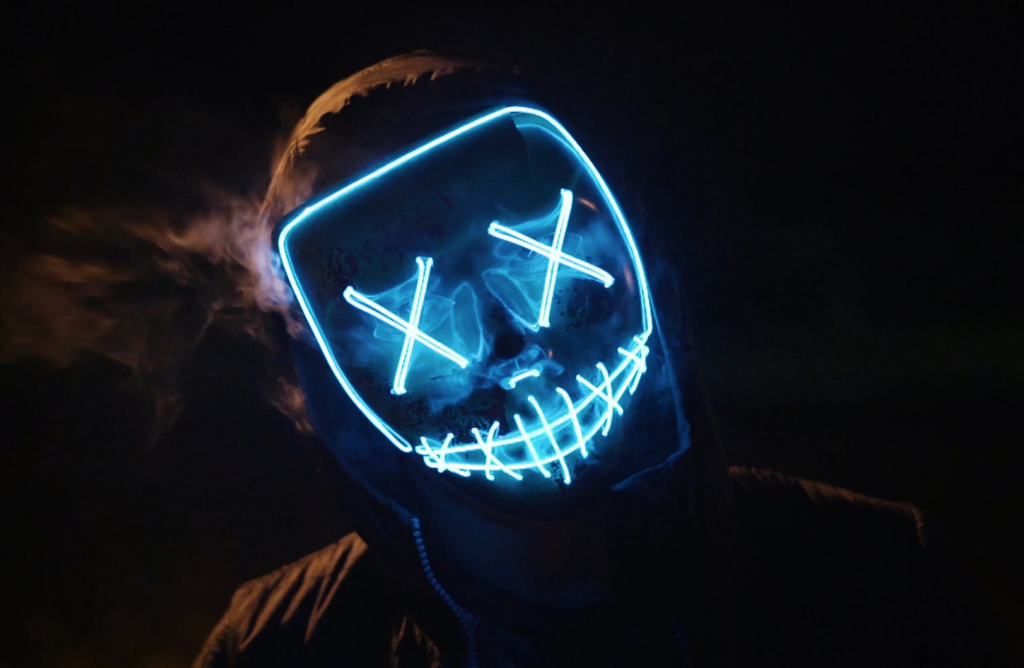
As I mentioned when we began, it is imperative to identify what I call the BBT, or Big Boss Troublemaker. The Big Boss Troublemaker is responsible for creating the core story problem in need of resolution by the end of your story.
Usually this must happen by Act Three or at least the final act—some of you use might choose to use a four-act or even five-act structure.
Why is this a ‘rule’? Well, stories have to resolve. We require a satisfactory ending, and if we don’t get one? It pisses us off.
Humans are wired for story. Don’t believe me? Try reading only part of a story to a four-year-old and see how well THAT goes.
No, they’ll call you out. How does it END?
This is where some of the more existential stuff becomes problematic.
Nature as the Enemy

Man can’t defeat weather. Trust me. I’m a Texan. If there was any way to do this, we’d know.
This is one of the reasons that disaster movies with large tsunamis or taking on volcanoes almost always are flops. If a movie can’t engage an audience for an hour an a half with nature as enemy using cool CGI?
Good luck keeping an audience’s attention for 12-15 hours (average time to read a novel) with an MC trying to battle Mother Nature.
Taking on Nature as the enemy is tricky without it the audience’s eyes glazing over. Audiences struggle to care, to relate. Humans can’t wrap their heads around large numbers. Large numbers, oddly, dilutes the power of story.
To illustrate my point…
Back when Stalin was Commissar of Munitions, the highest ranking Commissars met to discuss the famine ravaging the Ukraine. One official stood and spoke out about the tragedy of having millions of people dying from hunger and began citing the death figures.
Stalin interrupted him to say: ‘If only one man dies of hunger, that is a tragedy. If millions die, that’s only statistics.’
Making Stalin an @$$#0!% of the highest order, but one with at least *grumbles* a point.
Put a pin in this thought, we’ll circle back to it later. Not about Stalin being an @$$#0!%, but about the idea of what makes a tragedy.
Society as Enemy
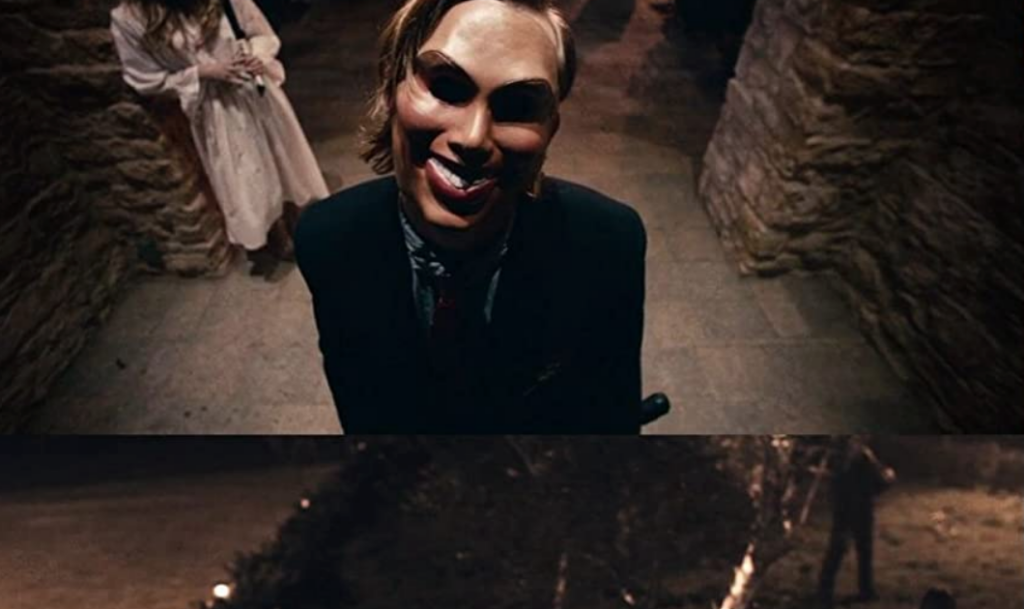
When we have a protagonist up against ALL of society, or even an element of society—POWER GRABBING, XENOPHOBIA, CLASSISM, RACISM—it’s too existential. For the record, humans don’t do so great with existentialism.
Our brains require a focal point and so do good stories. When your MC is fighting a concept as an enemy, how can we (the audience) know your hero has triumphed at the end?
Because I hate the be the bearer of bad news, but humans suck. Yes, we can also wonderful and fantastic, but we also seriously, seriously suck (refer to Stalin above). And we never change. Don’t believe me?
One word. Shakepeare.
Hamlet (Betrayal, Power-Grabbing), The Merchant of Venice (Xenophobia and Racism), Romeo and Juliet (Classism), and I could go on but I think I made my point.
Society doesn’t change because humans make up society. If we don’t change, then society doesn’t change either, not really. We just find new and improved ways of being jerks.
But, don’t be discouraged. We can evolve. Just if we want to tackle BIG SOCIAL problems, we can’t do it all at one time, and don’t have the luxury of being vague.
A story that tackles a social or moral issue as the enemy needs to ‘zoom in’ so to speak.
Man as His Own Worst Enemy
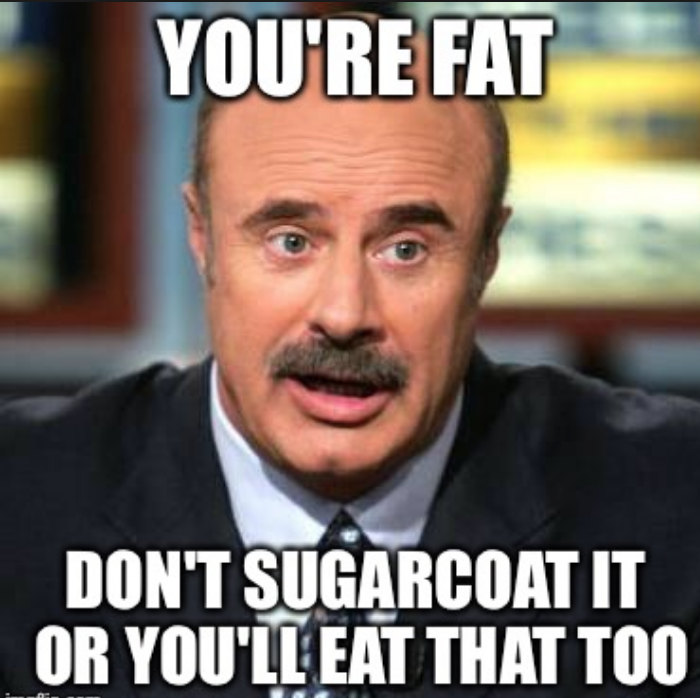
Aren’t we all our own worst enemy? There is nothing per se wrong with an MC being his or her own worst enemy, it simply has to be handled—like the others—with care. Because seriously….
Who likes hanging out with people who are their own worst enemies?
No matter how much help or advice, they do the same stupid crap over and over? Hard to root for these people in life for any long period of time, let alone in a book.
While in quarantine (and still getting over being sick), I was listening to a lot of audio books. I picked up a thriller that, initially had me excited…but the MC was too friggin’ dumb to live.
When you find yourself rooting for the psychopath wrecking the MC’s life? Time to turn in the credit and get a different book. If this character got any stupider she’d be able to simply lean toward sunlight and photosynthesize her own food.
Was a shame because the author had created a worthy adversary and a terrifying villain. Problem was, the MC was unforgivably dumb and unworthy of such a well-crafted enemy.
Initially, every MC is his or her own worst enemy. They need to be. They lack something critical to beat the core challenge of the story. The story problem is there to develop them and give them the lacking ingredients which allow them victory in the end. This is called character arc.
I mean, think of what I wrote earlier. If the MC has to defeat the BBT in the end, makes for really weird Big Boss Battle if the ONLY thing we have to offer is the MC/Hero fighting themselves.
*flashback to tormenting my little brother*
Stop hitting yourself. Stop hitting yourself.
Not saying it can’t be done. But suicide might not be the best ending of a book. I did say might.
Villains, Antagonists, Enemies

First of all, if you go back and read my previous two posts on the Big Boss Troublemaker Ideas Collide: Powerful Storms at the Center of All Great Stories and The BBT: Meet the Big Boss Troublemaker, the Brain Behind All Stories you’ll see why I created this new term.
My apologies for being misleading in the title. One of the reasons I created the term Big Boss Troublemaker was the term ‘antagonist’ confused the bejeezus out of me for YEARS.
Even in writing seminars, craft teachers would often use the term villain and antagonist interchangeably when they are not.
The antagonist is simply whoever is standing in the way of whatever your MC wants in a particular scene.
An Example
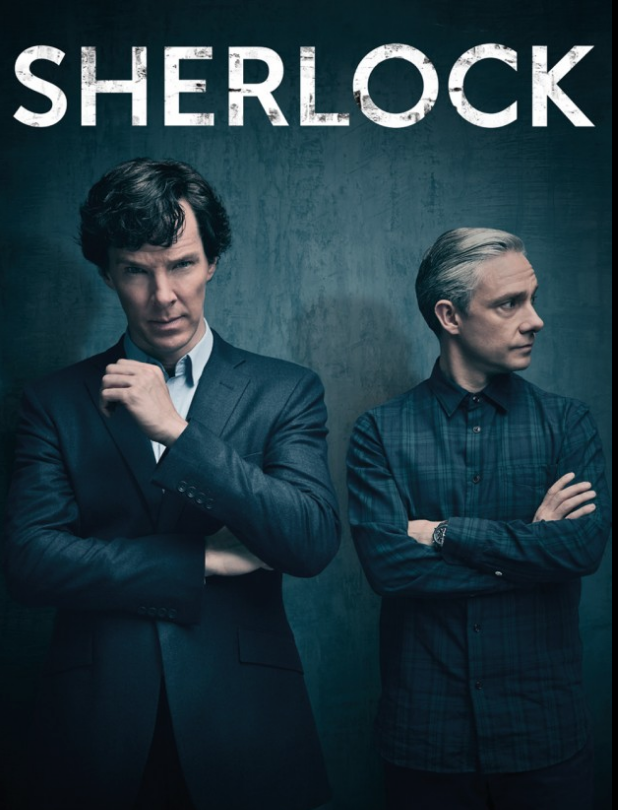
Let’s look at, say, Sherlock Holmes, the modern BBC version...because Benedict Cumberbatch. Need I say more? No.
Holmes might want to barge in through security using a top secret security clearance card he pickpocketed off his brother and use his superlative mind powers to figure out what’s really afoot at a secret lab in Baskerville. Why not? Sherlock has a ‘noble’ goal.
Sherlock believes whatever is going on at the lab has something to do with a young man who’s on the edge of going insane, as well as the death of that man’s father.
But his brother, Mycroft Holmes, is high up in the government and is responsible for a lot of lives and can’t allow Sherlock—who is VASTLY reckless—to go traipsing through secret labs using his name and clearance.
Is Mycroft a villain? No. Unlikable? Yes. Villain? No.
But when Mycroft shuts down Sherlock’s ability to use the stolen top secret clearance, he sure seems like a villain to Sherlock.
This said, Sherlock IS a loose cannon and cutting him loose in a top secret lab would be the height of recklessness for a man in Mycroft Holmes’s position.
Mycroft is standing in the WAY of what Sherlock WANTS. Thus, he is an antagonist. This is what adds story tension, because NOW Sherlock will have to find another way to get answers.
Sherlock Holmes can’t simply waltz in and solve the mystery in fifteen minutes, which would make for a very dull story.
This is why antagonists are WONDERFUL. The more pushback the BETTER. Bad situations are not story. It’s the push and pull of conflicting agendas that keep readers turning pages.
Now Sherlock Holmes is an iconic character who does have an arch-villain, Moriarty. Sherlock Holmes solves crimes, so this is a clear Man versus Man scenario. But I wanted to use Sherlock to demonstrate the notion that antagonists aren’t all villians. In fact, most aren’t.
This is what will, hopefully, help with the next part—the existential part—when your BBT is not necessarily a villain. Yet, I think you’ll find that often you might need one.
Enemy a Mixed Bag
Often when we believe we have a Man Versus Nature or a Man Versus Society or Man Versus Himself, if we really study the story, we’ll see that we actually have a mixture. The reason has to do with what I explicated above.
A character battling weather just isn’t going to keep a reading audience engaged for that long.
Nature as Enemy

I do my best to choose books that have also been made into movies. This is WAY harder than one might imagine and it’s often why I end up with the same examples.
The Perfect Storm by Sebastian Junger, on the surface, seems like a clear example of Man versus Nature. Hey, it’s in the title, right? But really the storm is more of the backdrop.
It’s a story of men who depend on fishing for their livelihood and, after suffering a dismal season, most are about to lose everything—businesses, homes, marriages.
The captain, knowing the season is over and that they are in the most dangerous time of year to venture into the North Atlantic, offers the men a final chance to save themselves from financial ruin.
Because triumphing over financial ruin is the CORE STORY PROBLEM.
Despite knowing it is a possible suicide run, do they go for it? They do (duh) or no story. And once out they land the haul of a lifetime. Of course they do. They’ll be set! All their debts paid and plenty to live on…but then the refrigeration systems fail. Because of course they would.
The fish will rot unless they haul @$$ back.
Now they have a real life and death dilemma.
The storm of the century is forming between them and home. Do they let the fish rot and lose everything? Or try and test their abilities and chance it home?
Two distinct camps break out very quickly—those who want to go for it and those who don’t want to die. It’s borderline mutiny. But we can guess who wins and they all die and…it’s a French film. And likely why I hated the book and the movie.
What? I am an American. I dig happy endings.
As you can see, though, the storm really isn’t the Big Boss Troublemaker. Financial Desperation manifested in the captain’s gamble to take the Andrea Gail and her crew out to sea when it was a suicide mission is the BBT…manifested in the PROXY of the captain.
Had he not made the decision? No story.
They’d have just all lost their shirts and gone to bartending school.
Society as Enemy
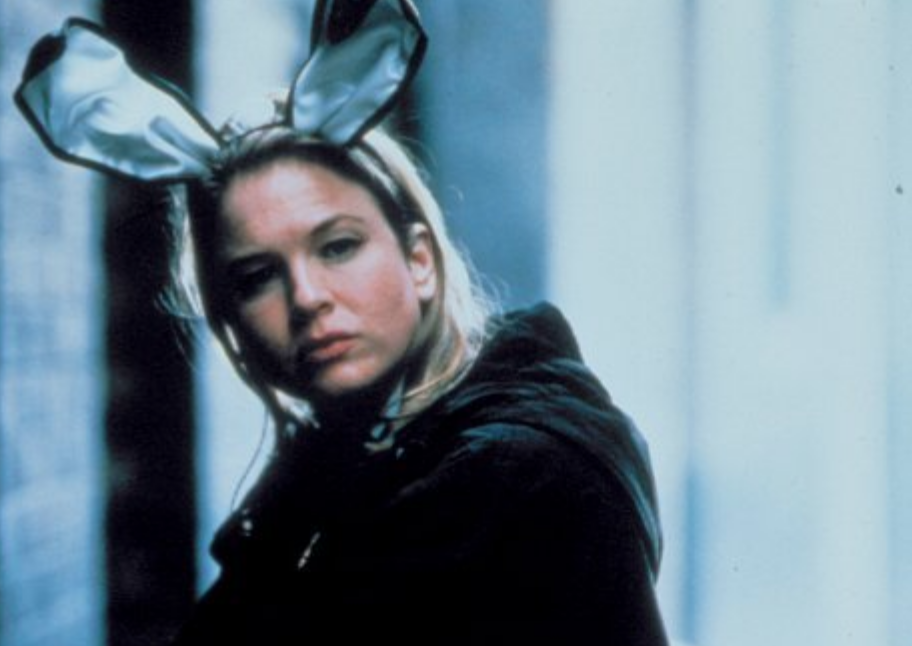
The best example I can think of for this one that is a movie and a book is Bridget Jones Diary. Talk about a one-eighty, right?
Bridget is a personal improvement junkie. She obsessively documents her caloric intake, measurements, any consumed ‘alcohol units’, as well as other unsavory habits in a diary. She’s consumed with the superficial and how she looks (Eg. her weight).
Why does she do this? Because of the societal pressure that she should not only be married, but married to a particular sort of man by a certain age. She feels the tick-tock of her biological clock.
Her family pressure, the pressure from friends, magazines, media, culture that constantly barrages her with how, no matter how hard she tries, she is never and never will be…enough. She will never be thin enough, pretty enough, exotic enough, rich enough, etc.
In this case, we can see a case of Bridget being her own worst enemy.
But notice how it doesn’t stand alone. We can also see clear proxies of society as the enemy in well-meaning people around her constantly shining the spotlight on her being single ‘at her age.’
How do we know she’s won at the end of the story?
When she ditches the diary, sees through the coworker who’s playing her, and finally notices and sees the truth of the ‘abrasive’ Mark Darcy.
She’d done to HIM what she’d accused the world of doing to HER. Judging by appearance.
She also had written Darcy off, had automatically assumed someone so successful would never be interested in her due to her own low self-esteem.
It’s only when she sees through her own self-delusion, how she’s bought into the societal lie and how much its trashed her view of herself that she realizes Darcy actually wasn’t meaning to be abrasive. He actually LIKED her and valued her as she was.
SHE was the problem…and when her eyes open to that reality? Bridget wins. Society loses.
Existential Enemies & Great Villains
Existential enemies make for some fabulous villains, but we’ll tackle those another day. Again, I DO try to give examples where you can study the book as well as the movie (and movies that did a pretty good job of staying close to the book). Talk about being rare as unicorn tears.
Sigh.
But if you want ALCOHOLISM to be the BBT, fine. Then a person represents the addiction. Maybe it’s the hard-partying lover your character can’t seem to break free of. But, there is something better ahead if she does…like she finds out the child she put up for adoption twenty years ago is reaching out.
And she can either get clean and give up her drinking buddy or remain where she is and never have a relationship with that long-lost child.
I could go on, but let’s leave some for another time. Probably would be good to blog on each of these separately.
I LOVE HEARING FROM YOU!
Oh, and please SUBSCRIBE! The more the merrier weirder. You can do that in the upper right hand sidebar and you’ll only ever get the blog. I don’t believe in newsletters.
Did this help clear things up?
There are other good examples. Footloose (Religious Fundamentalism that forbids dancing and town preacher as proxy), Joy Luck Club (Chinese Culture and notion of Obedience as BBT and mothers and and grandmothers as proxies), Steele Magnolias (Death as BBT and daughter Shelby as proxy), Fried Green Tomatoes (Domestic Abuse and Ed Couch and Grady Kilgore as proxies), Thelma and Louise (Toxic Patriarchy and Darryl & Harlan as proxies), The Mirror Has Two Faces (Toxic Beauty Beliefs & mom Hannah Morgan as proxy) to name a few for your viewing pleasure.
If you have a CONCEPT you don’t know how to make into something of substance, to give a proxy, feel free to put into the comments!
As to the winners of the free class from last post, keep commenting. I need to load classes to give one away. Still been on the mend and need time to load those, so hoping to have some up next week so you’ll have something to choose from!
And I will extend that contest to today, because I’m LONELY! Been cooped up too long and love hearing from you. So I will pick one from last post and one from this post for a free class to show my love for taking the time to comment…even if it’s to say hello or offer ideas for what you’d like me to blog about!
Lots and lots of love and STAY HEALTHY!








14 comments
2 pings
Skip to comment form
I just want to say how much I love how varied your examples are. A history lesson about Stalin, the BBC’s Sherlock, The Purge, Shakespeare, The Perfect Storm, and Bridget Jones’s Diary. Where else could I find all of those references in one place!? Keep up the good work, and I hope you get well soon!
Author
Actually I am doing pretty well now. Just the digging out of the pile from being sick so long right now. Thanks so much! I really appreciate it.
Author
And thanks for the catch on Bridget’s name. Was getting tired there and totally missed I gave her the French spelling *face palm*.
I look forward every week to your posts (even though I’m often distracted from commenting). Your advice seems to fit the niches others ignore. I’ve read too much plotting advice that assumes that your MC has a physical villain. That was true for my last book (now languishing in revision purgatory) but not so much for the current WIP. It’s refreshing that you addressed the finer points of conflict, which I find more interesting.
I like your Mycroft Holmes example. It really makes clear that an antagonist doesn’t have to be the villain. All your BBT posts have helped me understand that concept. Keep ’em comin’!
Thank you for this series and your examples ?. I often have trouble pinning the ONE BBT and tend to write stories in which the BBT either hides as a minor character in the first half while another character seems to be the main antagonist OR the main BBT shifts midway. It’s one of the aspects of structure that worries me.
Hope you feel better soon.
I am so glad to see your blog every week. I missed them when you were sick and am happy you are back. The BBT is a concept I grapple with in my stories. So keep them coming. My villains always seem to be Snidley Whiplash curling his mustache. Mwah-ha-ha!
I might find it yet.
I must be dense but I’m having trouble with your idea of a proxy as the BBT. In your example of The Prefect Storm, who is the protagonist? I thought it was the captain. But is the captain both the MC and the antagonist by proxy?
In my current WIP I’m having trouble coming up with a BBT. Basically, it’s a story of a woman who is investigating her father’s disappearance who, it turns out later in the story, has been euthanized and had his brain uploaded into a computer along with those many others. Not sure if this is a man vs. man or a man vs. society story.
Glad to hear that you are on the mend and as always I enjoy your posts.
Author
The Perfect Storm is troublesome. Namely because it is a narrative nonfiction. But even narrative NF is scaled over a three act structure. And I have slept since I read the book (and watched the movie). One might say it could be Bobby Shatford (and those who support him), who desperately tries to convince the captain and the crew who back the captain that mere money is not worth more than the crews’ lives.
He very nearly gets his way as he vainly tries to talk them out of the madness.
But it is desperation and pride that pushes the captain (and the part of the crew who believe they have what it takes) to go ahead and try to outmaneuver the storm anyway.
It’s only under duress–when it’s clear that the ONLY chance they have to make it is with ALL hands on deck—that Bobby convinces his betrayers to unshackle him. He rises to the occasion to help those who turned on him and does all he can to save their lives even though they stabbed him in the back over…money.
Yes, Bobby dies, but he dies a NOBLE death unlike the prideful captain who, through a mixture of money concerns and inflated ego, believed fresh fish more important than human life.
It’s the captain’s inflated sense of his abilities—PRIDE—that leads his men to their doom. Pride that has been exacerbated by his financial situation at home.
Bobby, however, from the beginning, while game to go out fishing, is wary and willing to cut bait and go if things take a turn for the worse.
When they make the catch of a lifetime, he’s overjoyed. But he is ALWAYS cautious and concerned about the wellbeing of his fellow fishermen.
When the refrigeration breaks down, Bobby doesn’t really need to ponder what they will do at all. Haul ass home. There IS no question.
‘Screw the catch and we’ll figure out the finances later.’ That is why I believe he would be the protagonist.
The story is set up as a tragedy. But Bobby rises to the occasion in that it’s easy to be a good caring man on land. But what about when your life and the life of everyone around you is at stake? Can your character stand up to the test of fire?
The captain clearly failed. Bobby did not.
Constructive as always…..I enjoy reading your posts
I enjoy reading your posts and am always showing my husband the jokes and comments you put into your posts. I do agree that when I watch a movie or read a book, a proxy always helps to personalize the conflict. I would think in some cases it’s the conflict with the proxy that leads the character to fight against the larger, existential enemy such as society.
Super helpful; this whole series so far has been fantastic! thank you.
I have been following your blog for years. I have learned so much from you while being greatly entertained by your off the cuff humor. I have been amazed by your feel for the changes in publishing and Amazon’s business model affecting the entire book market. But most of all, I have enjoyed growing as a writer through your explanations of the Big Boss Troublemaker. Thank you for sharing your wisdom and knowledge. I have seen such an improvement in my writing and antagonists because of your explanations. I have gone deeper and worked harder to create engaging characters. My latest protagonist’s entire turning point was based on his shame of not protecting his mother as a child. My greatest compliment on this story from a beta reader was that it was so believable. Thank you for sharing your knowledge. It really helps.
Author
WONDERFUL! Thanks for the feedback and the compliment and WOW! That is a great feeling, isn’t it? I am thrilled I could help.
[…] https://authorkristenlamb.com/2020/04/enemy-different-villain/ “The ‘enemy without a face’ is probably the hardest sort for a new writer to wrap his around. […]
[…] Enemy Without a Face: When Dealing With a Different Sort of ‘Villain’ […]